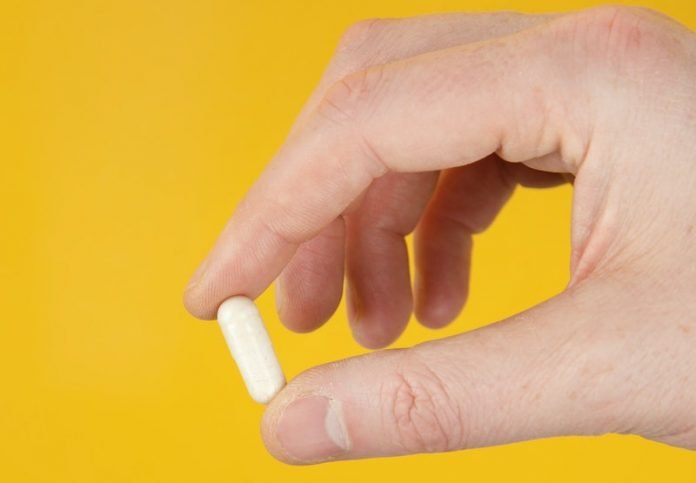
In a recent study from the University of Edinburgh, researchers found that long-term paracetamol use could increase the risk of heart disease and strokes in people with high blood pressure.
Paracetamol was often suggested as a safer alternative to another class of painkillers called non-steroidal anti-inflammatory drugs (NSAIDs).
Previous research has shown that NSAIDs could increase blood pressure and the risk of heart disease. To avoid these risk factors, some patients use the prescription for Paracetamol to treat chronic pain.
According to the study, these people should choose the lowest effective dose of Paracetamol for the shortest possible time.
In the current study, the team examined 110 patients with a history of high blood pressure.
These patients were prescribed one gram of paracetamol four times a day (a routinely prescribed dose in patients with chronic pain), or a matched placebo for two weeks.
The team found that the participants prescribed paracetamol saw a big increase in their blood pressure, compared with those taking the placebo.
This rise was similar to that seen with NSAIDs and might be expected to increase the risk of heart disease or stroke by around 20 percent.
The findings suggest that it is necessary to conduct a review of long-term paracetamol prescriptions to patients—particularly those with high blood pressure, or those at particular risk of heart disease or stroke.
The team says this study clearly shows that paracetamol—the world’s most used drug—increases blood pressure, one of the most important risk factors for heart attacks and strokes.
Doctors and patients together should consider the risks versus the benefits of long-term paracetamol prescription, especially in patients at risk of heart disease.
If you care about pain, please read studies about what you need to know about headache pain, and this native American plant med could treat pain and diarrhea.
For more information about pain, please see recent studies about over-the-counter pain relievers that could harm your blood pressure, and results showing a new way to provide pain relief without side effects.
The research is published in Circulation and was conducted by Iain MacIntyre et al.
Copyright © 2022 Knowridge Science Report. All rights reserved.



